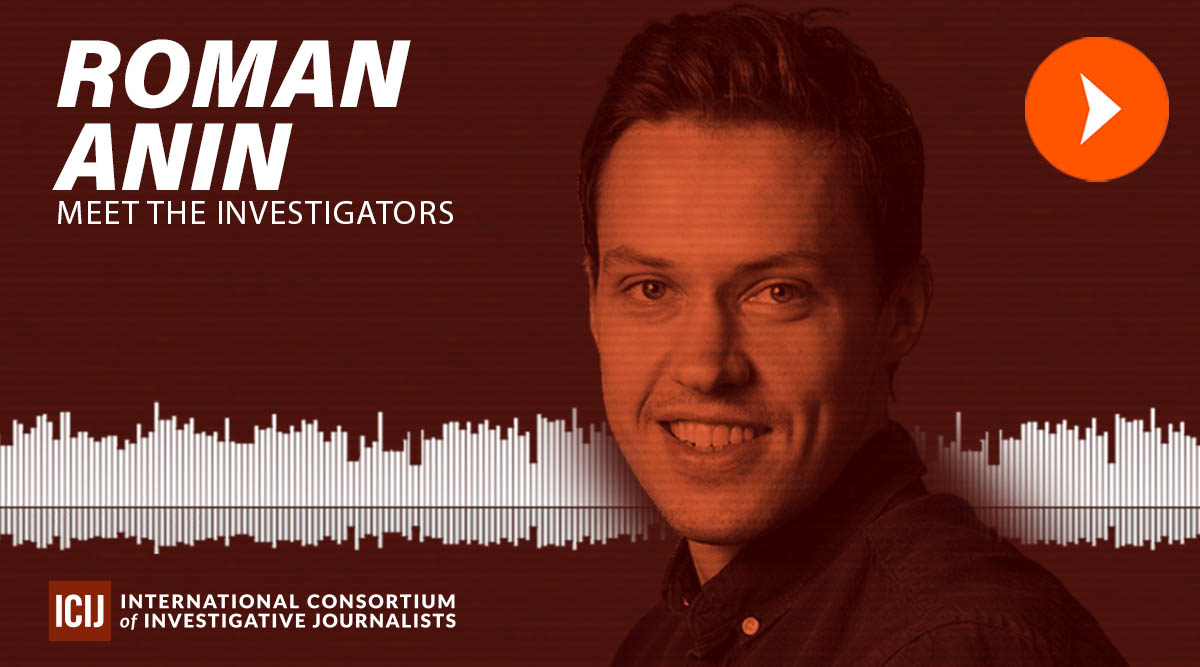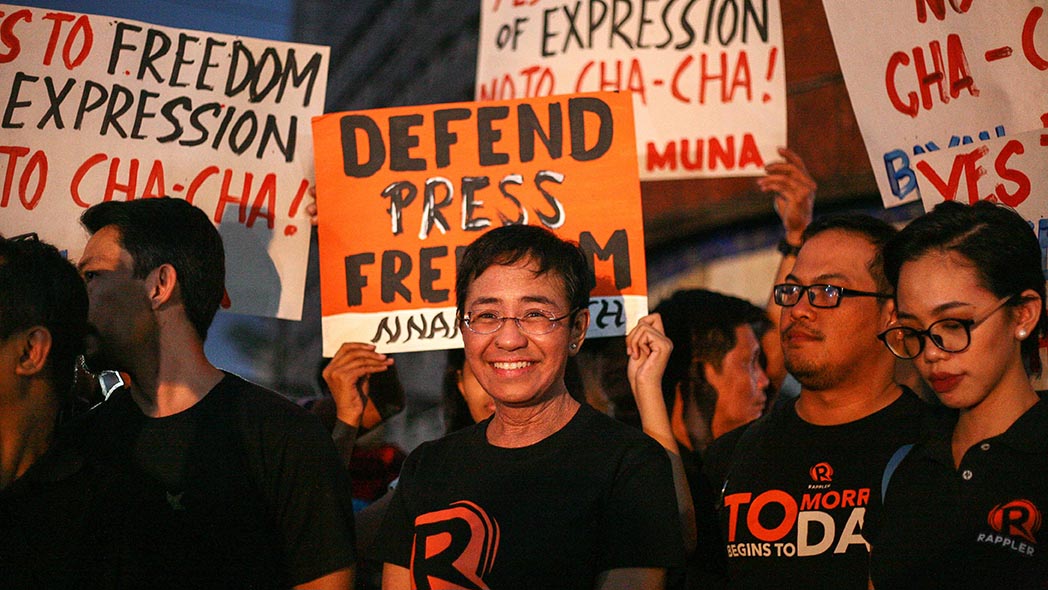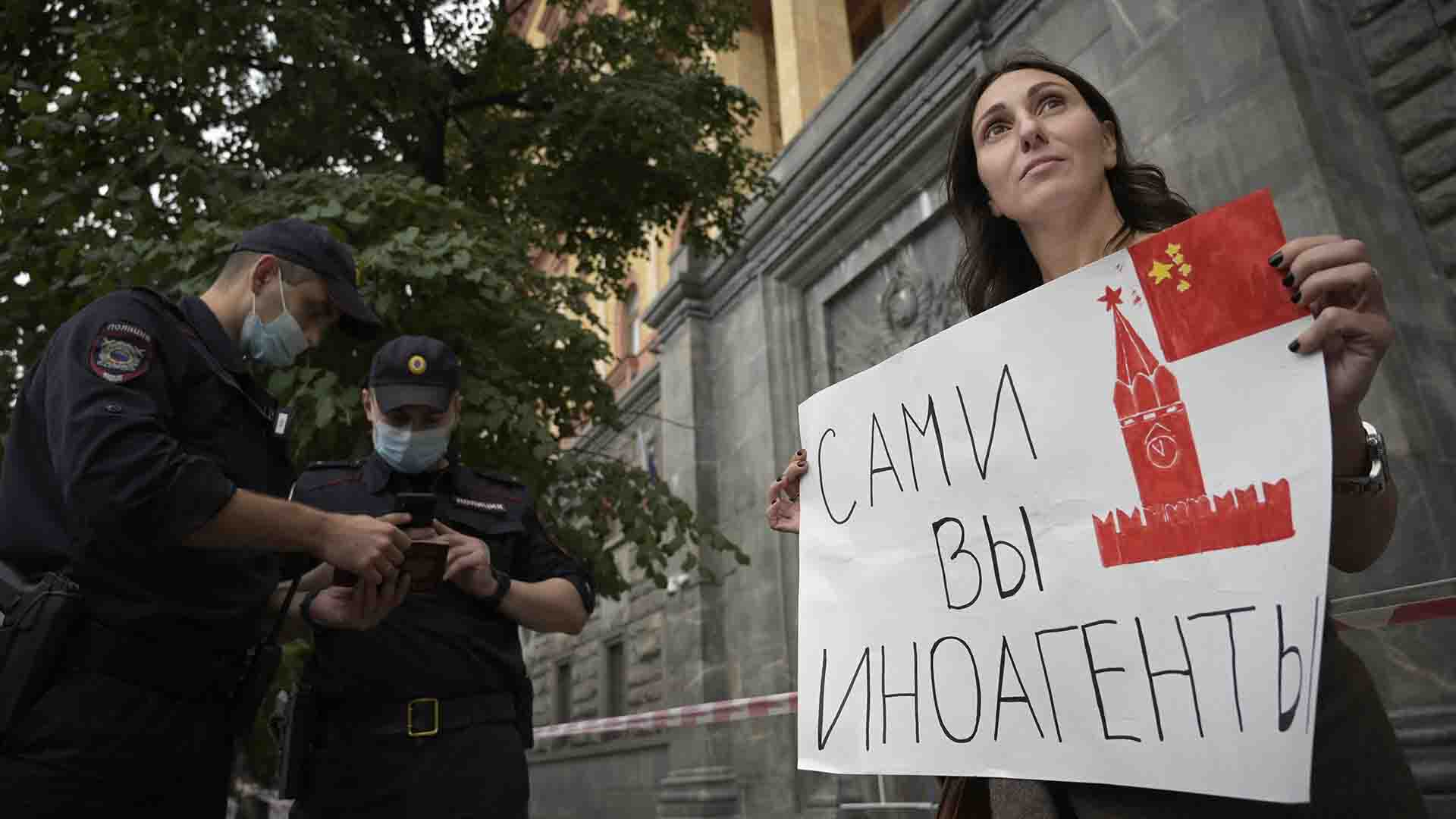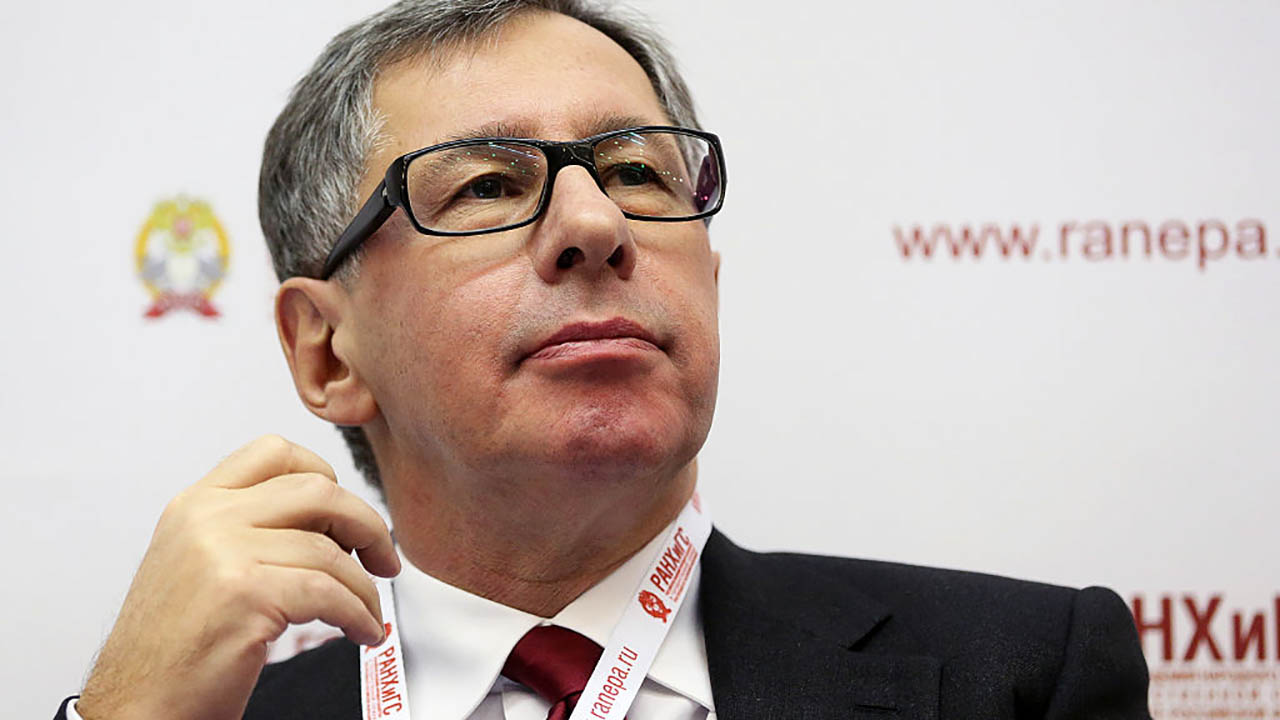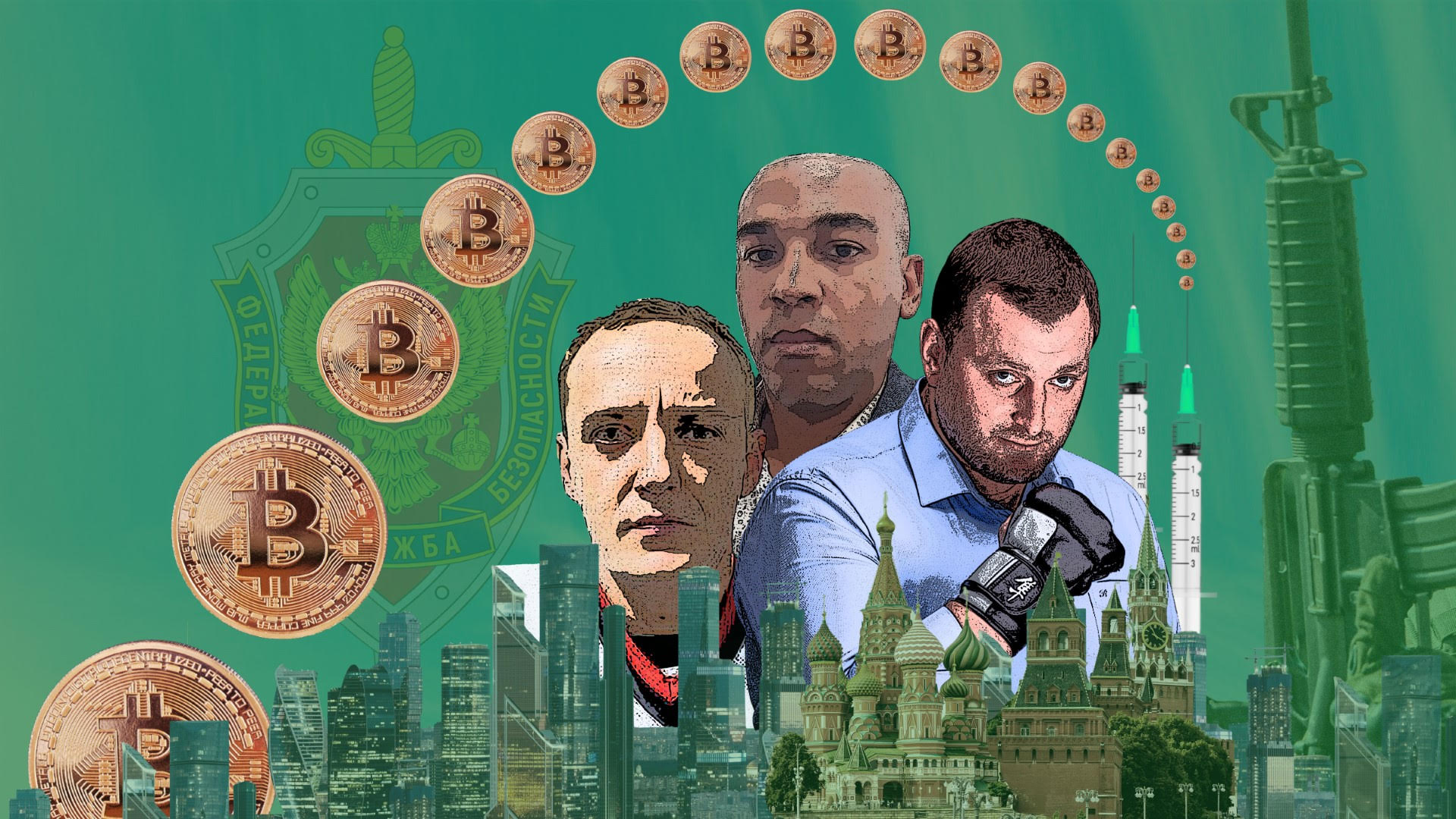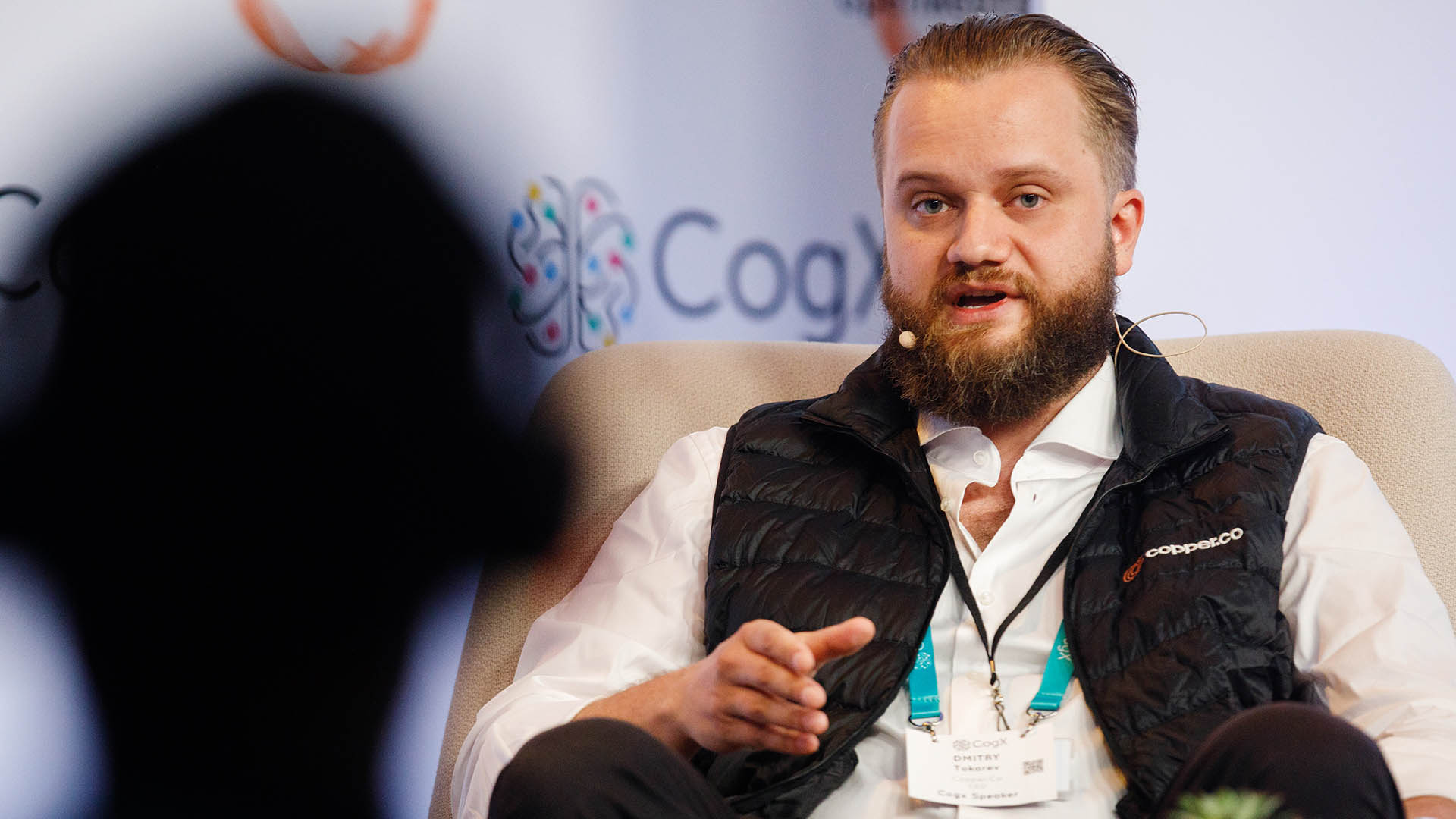Few jobs are as dangerous as covering a war.
As Russian forces besiege Ukrainian cities and the toll of human casualties mounts (including local and international journalists), ICIJ marks World Press Freedom Day with two of our Ukrainian partners valiantly reporting on the invasion of their country.
Freelance investigative reporter and 2021 Pulitzer finalist with ICIJ Tanya Kozyreva and Anna Babinets, editor-in-chief of Slidstvo.Info and editor at the Organized Crime and Corruption Reporting Project (OCCRP) discuss the extreme dangers and rewards of their unexpected new roles.
Babinets has worked with ICIJ on several investigations, including the Pandora Papers and the Pulitzer Prize-winning Panama Papers, while Kozyreva has worked on the Pandora Papers and the FinCEN Files. The two journalists believe their work is now more important than ever but fear that precious press freedom gains made since the 2014 Maidan Revolution may be another casualty of Russia’s naked hostility.
What is your work focused on since the war in Ukraine began and are you able to do investigative reporting?
Kozyreva: My work is mostly focusing on reporting the Russian atrocities in Ukraine now, interviewing life witnesses of war crimes all over Ukraine, kids who lost their limbs, parents whose children are missing or stuck under rubble, families whose loved ones were kidnapped in Ukrainian cities and villages under Russian occupation and those who buried relatives in the backyards of their family house. I’m doing my best to tell their heartbreaking stories to the world.
Often I have to go to extremely dangerous places near the frontline like Slovyansk or Lysychansk, but I feel like it’s my duty to take this risk. I think it’s a duty of journalism to tell the truth no matter what.
Previously, I spent all my time on long-term international investigations, but war changed my agenda. And I don’t really know for how long I won’t be able to return to the work I love most: investigating financial crimes of top authorities, oligarchs and organized crime representatives. For now, the most important story for me is Russian aggression in my own country. In theshort term, I will try to focus on the investigation about the Russian filtration camps on the teritory of Ukraine, where Ukrainians are tortured and killed for no reason.
Babinets: Fortunately, I’m able to continue to do investigative journalism. But a lot of things have changed. Slidstvo.Info is an investigative agency based in Kyiv, we have been exposing high level corruption and crimes for almost ten years. We participated in Panama Papers, Paradise Papers and other international projects.
We began preparing for the possible war a month before [it started]. Our partners from OCCRP have bought vests, helmets and other equipment for working in war times. Colleagues from Bellingcat organized special training for our team [on] how to identify people and places in social networks, especially Russian networks. Great American trainers explained the difference of guns and ammunition Russians can use against Ukraine, told us about working under shootings and basic medical help in critical situations. Of course we couldn’t imagine all the hell we would meet during the war, but basically we were prepared.
On the morning of February 24, when Russia started to bomb Ukraine, we in Slidstvo.Info had a long editorial call – we were talking [about] what we can do the best. We are professional investigative reporters who know how to find criminals or secret real estate of politicians or discover tricky offshore schemes. All our knowledge looked not usable for circumstances we found ourselves [in] on February 24. In the end of the editorial call, we decided that we will continue our work despite it looking like investigative journalism isn’t necessary for the war. Some journalists from Slidstvo.Info were thinking about joining the army or volunteering, to help with logistics and other things. But I believe that, even in war, we should work in the area where we are professionals. We know how to collect proof of crimes and show them to people.
The war is a huge crime, we have a lot of work to do. Our team decided to collect proof of war crimes, to identify Russian soldiers and generals, to name them and show them to people. Now I see that our findings are very useful for official investigators. Ukrainian prosecutors ask us to help them to identify Russians and they use our stories for official criminal cases, they can charge criminals using our evidence we have been publishing for the last two months.
When did you realize you had to leave your country?
Babinets: I decide to leave Ukraine at the beginning of war, when Russia started to bomb Kyiv. The main reason: my 7-year-old daughter. Her father is serving in the Ukrainian army now, so I’m the only person who can care [for] her. If I had an option to stay and work in Kyiv and be sure that my daughter is in a safe place, I’d prefer to stay in Kyiv with my team. But I didn’t have this option.
Could you describe the work logistics right now? What are your working conditions?
Kozyreva: I’m mostly freelancing for the international media now. One of the reasons is that the coverage is the most impartial. The other is my knowledge on the ground now is valuable like never before, as many foreign journalists who are reporting from Ukraine don’t have any background of covering Ukraine, they don’t speak the language, they don’t have any contacts, they don’t know the geography and history of the region. Some of them are arriving with the scripted stories in their mind and refuse to face reality. Meanwhile, my expertise gives me opportunities to work with the top news media, BBC, New York Times, CNN, Sky News, ect. I’m doing TV and radio live interviews, writing articles, and producing stories for print and TV.
I’m mostly reporting across the country and haven’t been at home for two months already. My office is my phone. When I need a short break, I go to Poland for a couple of days to get some sleep without sirens on.
As journalists and as citizens, we want to help our country to win in this war and punish the war criminals using evidence we obtain and publish every day. — Anna Babinets
Babinets: I can’t complain about the conditions. I have enough space to work and focus on editing stories. I’m working from the apartment where I live with my daughter: she is doing online school in a separate room, I’m editing and having calls with colleagues at the same time.
Every day in the morning, we have an editorial call with Slidstvo.Info team. For two months, we work without days off and weekends and publish two to three stories per day. We have never published so many stories before, usually it’s two to three stories per month. Our audience has grown almost twice as big in the last two months. We do deep research, analyze data, talk to our sources and report from hotspots in Kyiv region. Part of Slidstvo.Info team stayed in Kyiv, part moved around Ukraine, and a couple journalists left Ukraine. People from my team even in these hard circumstances believe that our work matters, we can change something, we can help to save our country.
Regarding your journalism work, what are your biggest fears or worries?
Kozyreva: I think war has already impacted Ukrainian journalism. Some of the best Ukrainian journalists have already died. Some joined the Ukrainian army. Some were kidnaped by Russian forces. The others are jangling the facts and creating a space for propaganda. Ukrainian independent media has lost its financial support and is struggling to survive. In the long term, I think Ukrainian journalism can lose everything it gained during the last eight years.
Babinets: As I see now, working in war circumstances made our team stronger. As journalists and as citizens, we want to help our country to win in this war and punish the war criminals using evidence we obtain and publish every day. I’m worried about the hard work my journalists are doing every day, I’m worried that they don’t have enough rest and worry about burning out. I realize that the war can go on for a long time and really hope we will be able to do great work for months or years, if it will be needed.
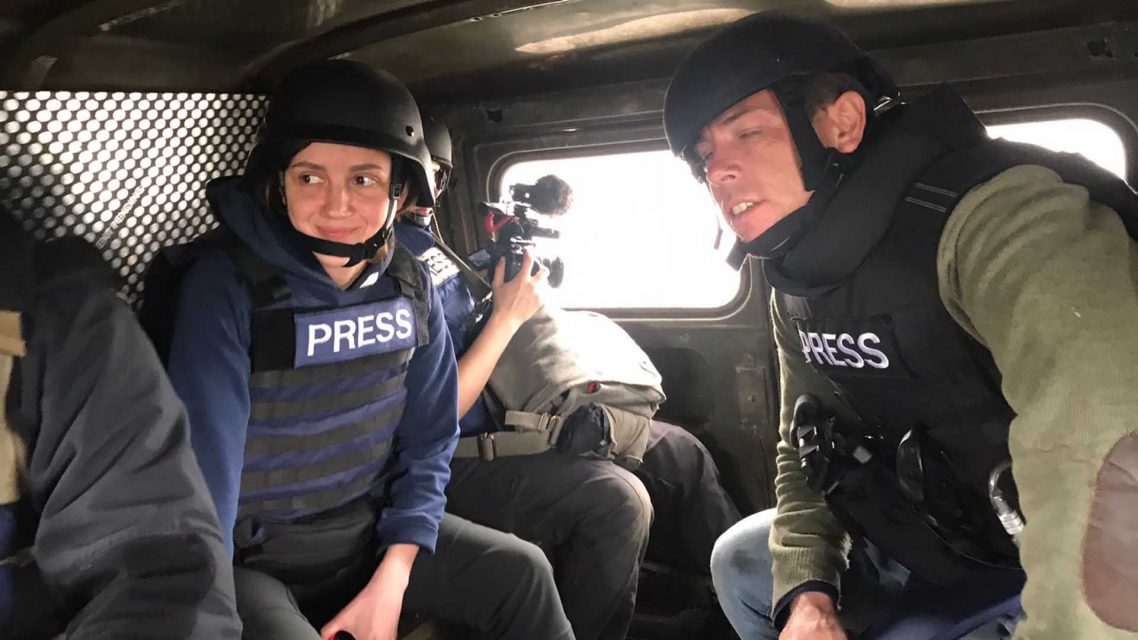
What fuels you to keep doing investigative journalism despite the dangers?
Kozyreva: When I see elderly people who lost everything they had, women with children who have nowhere to go, wounded kids whose lives are changed forever, when I’m interviewing the relatives of [those] tortured ot killed, I feel like I have no right to stop reporting their stories. This is the best I can do for them. This is the best I can do for democracy. I’m knowingly taking the high risk, because I believe the truth can make the world a better place for everyone.
Babinets: Because we see that our work is important. Many people text to ask to help or to tell their stories. Ukrainian officials ask us to help. We see that things we are doing are useful and have an impact in the real world. We want a bigger impact, that’s why we keep going. Our main goal [is] to collect proof of war crimes that can be used for punishing criminals from Russia.
This interview has been edited for clarity.

